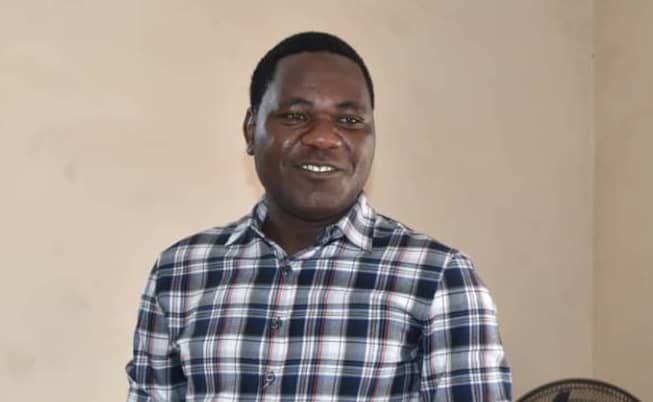Sara Mwale, a sex worker from Dwangwa in Nkhotakota lakeshore district, understands well on the importance of adhering to ART treatment.
However, default behaviour among some sex workers who are HIV positive worries Sara as this pose a threat to clients and sex workers alike.
“Though we are sex workers, we need to stop the behavior of not taking ARTs. It poses a threat to both clients and ourselves. If we want to protect ourselves, then let us take HIV treatment properly and ensure that others also are protected since we have a responsibility for our homes.” She said
She commended public health facilities for providing a conducive environment which allows more sex workers to access health services and support without impediment.
“We get the support in good time as we are part of the vulnerable groups. When a health worker recognises us at the health facility, they help us quickly. Sometimes, they tell us to skip the queue so that we get help immediately.” Explained Sara
In line with the National HIV Strategic Plan Extended for 2023-2027, Malawi has prioritized interventions aimed at addressing structural barriers that increase the vulnerability of Key Vulnerable Populations such as female sex workers and male sex workers.
But, sex workers continue to face many human rights violations including discrimination and other forms of abuse.
Centre for Human Rights and Rehabilitation (CHRR) Executive Michael Kaiyatsa expressed concern over abuses and rights infringement reports on sex workers along the Lakeshore areas and other parts of the country.

Kaiyatsa said issues of rights of the key population highlights a broader issue of systemic discrimination and violence against marginalized groups.
Kaiyatsa pointed out: “It is troubling that community policing members, who are tasked to ensure safety and uphold the law, are instead exploiting and extorting sex workers. Demanding money, beer, or other favors, as well as engaging in acts of robbery, is not only a violation of ethical conduct but also a blatant infringement on the rights and dignity of sex workers.”
He reminded the public that Rogue and Vagabond laws were declared unconstitutional by the court. However, the persistence of such abuses demonstrates a gap between legal reforms and their implementation at the grassroots level.
“It also underscores the stigma and prejudice that sex workers face, which perpetuates their vulnerability and exclusion from accessing justice.” He added.
On the other hand, Executive Director for Optimum Foundation working on advancing rights of the key populations in Salima and other districts, Chifundo Ibrahim Time has called citizens to restrain and refrain from activities that could infringe the rights of some groups of people.

“It has been very difficult for locals to recognize members of the key populations neither when we introduce a project as we received negative feedback.” explained Time.
In addition, Community Health Rights Advocacy (CheRA) with support from the United Nations Development Program (UNDP) through the SCALE initiative is implementing 10-month project called Key Populations Integrated HIV and Human Rights Project (KPIHIVR).
The project aims at advancing and reinforcing key population led strategies, tactics, and approaches to counter discriminatory and punitive laws, policies, and practices in Malawi.


